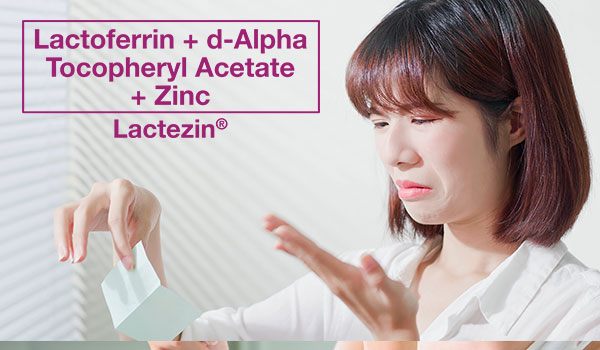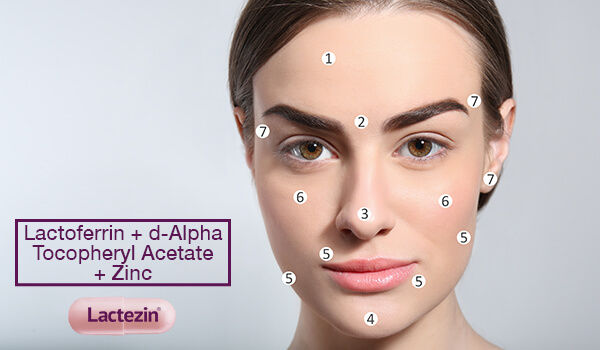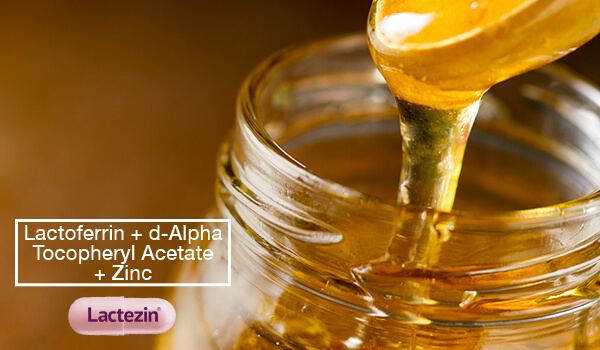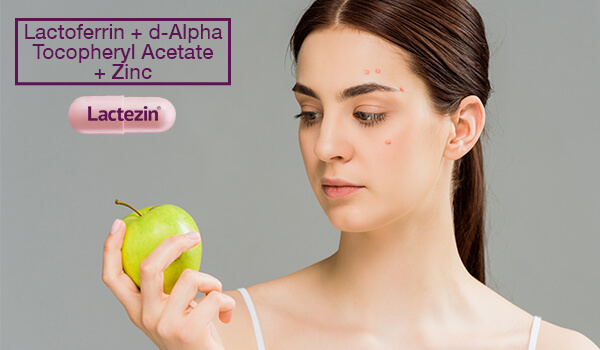5 Surprising Reasons Why You Have Oily Skin

It’s common knowledge that one of the possible reasons for oily skin is hormones.
A signal that you’re about to get your monthly period is a breakout. This is because oily skin and hormones work together. The hormone that is mostly culpable for oil production is androgen and it tends to fluctuate during that time of the month. It also happens during pregnancy and menopause. Meanwhile, the hormone testosterone is the culprit for men. It fluctuates around puberty or young adulthood and naturally declines by age.
But what are the other reasons that cause your skin to get an oily, greasy sheen?
Below, we listed 5 surprising reasons why you have oily skin.
You reside in a hot and humid environment
Most Filipinos tend to have oily skin, thanks to the year-round summer weather of the Philippines. High temperatures tend to stimulate the secretion of sebum and conversely, cold climates can dry out the skin.
You are stressed
Too much stress takes a mental, emotional, and physical toll on your body. It triggers the rise and release of cortisol, which is the body’s stress hormone. In turn, it increases the production of oil which leads to a multitude of skin problems that creates even more stress for oily individuals. So if you’re constantly stressed and feeling the pressure, remember to take it easy to keep it from being aggravated since your body is going through a lot.
You have a dairy and sugar-heavy diet
Raise your hand if you love cheese, milk, and sugary desserts. Tasty as these foods may be, consuming them on the regular leads to overactive sebum production. Studies have shown that dairy products, especially milk, causes inflammation that results to breakouts. This is due to the amount of hormones dairy products contain which creates an imbalance in oil production.
You got your oily skin from mom and dad
Yes, hair, height, and eye color are not the only things you get from your parents. Skin type is largely dependent on genetics. They can even pass down other wrinkles and other skin conditions like psoriasis. You’re more than likely to have overactive sebaceous glands if one of your parents has oily skin. Unfortunately, reversing this trait is impossible but you can definitely manage your habits that contribute to oiliness and practice good skincare.
You’re using the wrong type of skincare and makeup products
Ever notice how brands have different types of textures for the same product? A moisturizer can be a heavy cream or a light gel one, while a makeup remover can be oil-based or water-based. This is to fit and cater to the needs of every existing skin type.
So if you’re using the incorrect product for your oily skin, expect nothing but disastrous results. For instance, using a heavy product that is specifically made for dry complexions when you actually have oily skin can result in extra greasiness on the face.
For oily skin, it’s important to look for a product that is labeled either oil-free or non comedogenic. For moisturizers, go for one that has a gel texture. These types of moisturizers tend to feel weightless on the skin, thanks to its quick-absorbing properties. One ingredient that you’ll most likely encounter is hyaluronic acid, which is a well-loved element perfect for oily skin.
The same goes for makeup. Poor-quality cosmetics tend to contain more harsh ingredients that can damage the skin and trigger the production of sebum. While it’s definitely tempting to pile more makeup on the face when you have oily/acne-prone skin, this could actually lead to further breakouts and oil. Heavy, full-coverage makeup blocks pores, so look for cosmetics that have a light, mattifying, oil-controlling texture.
You are not drinking enough water
You might be thinking, not drinking enough water causes dehydration and not oiliness, right? Wrong. Dehydration causes your sebaceous glands to overcompensate for the lack of moisture in the skin. Hydrating by drinking water can actually make your oil glands less oily. It’s best to consume at least two liters of water daily and as mentioned, try avoiding sugary drinks like sodas and juices.
Want to alleviate your oily skin woes?
Medications with Lactoferrin + d-Alpha Tocopheryl Acetate + Zinc might help! These 3 oil-regulating ingredients can help resist pimple-causing bacteria, lessen pimples and improve skin appearance with regular intake.
According to studies, Lactoferrin has natural antibacterial and anti-inflammatory properties. Not only does it improve the body’s natural defenses in fighting bacteria, but it also helps in reducing inflammation and sebum or oil production. d-Alpha Tocopheryl Acetate, also known as Vitamin E is an antioxidant that helps fight free radical skin damage. Finally, Zinc has oil-regulating properties to help improve skin appearance.
Lactoferrin + d-Alpha Tocopheryl Acetate + Zinc is the generic name of Lactezin. If symptoms persist, consult your doctor.
Want more tips on how to help manage oily skin? Click here.
SOURCES:
https://www.thehealthy.com/beauty/face-body-care/surprising-reasons-greasy-oily-skin/


